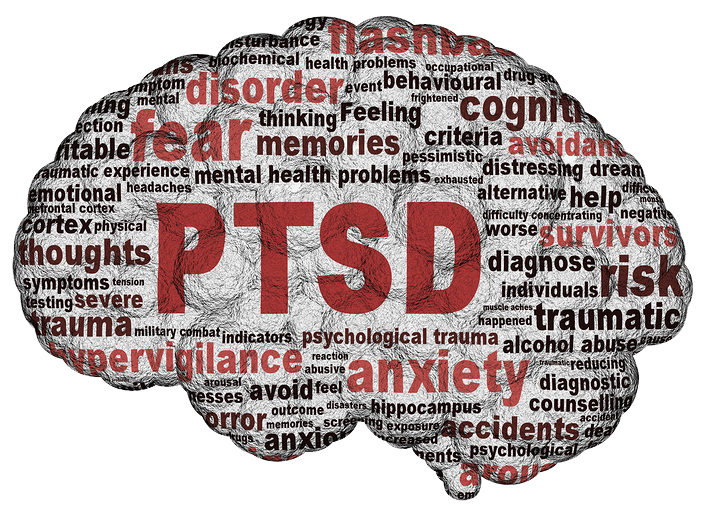Telehealth is the latest medical advancement. It allows people to get the assistance they need without having to travel to a doctor’s office. It is an accessible option that opens healthcare up to a wider population. It is also a convenient way to save time and money.
Virtual care cannot treat every medical need, but it is an effective option for mental health care. Patients can talk with a professional online without needing to commute to an office or choose from a nearby provider. Online PTSD Therapy is one type of virtual counseling that has shown promising results.
This article will discuss what’s involved in online PTSD therapy so you can determine if it’s a treatment option you want to try.
What Is PTSD?
Post-traumatic stress disorder (PTSD) is a type of mental health condition that develops in people who have been exposed to trauma at some point in their lives. Examples of situations that can bring on PTSD include:
- War
- Mental and physical abuse
- Witnessing a case of extreme violence
- Natural disasters
- Being involved in an accident
People with PTSD may experience the following symptoms:
- Flashbacks that cause them to relive the traumatic event
- Avoidance of things, people, and places that remind them of the event
- Bad dreams
- Difficulty sleeping
- Mood swings
- Depression
- Feelings of detachment
- Being easily startled
- Memory issues
- Self-destructive behavior
Risk Factors
A person may be more likely to develop PTSD if:
- They have experienced trauma in the past
- They have a job that increases their risk of exposure to traumatic experiences
- They have other mental health issues
- They have substance abuse issues
- They lack a good support system
- They have close relatives with mental health issues
How Is PTSD Treated?
PTSD is typically treated with a combination of medications and talk therapy. Cognitive behavioral therapy (CBT) is a type of talk therapy often used to change the way someone thinks about a traumatic event. If you attend a CBT session, a Mental Health Therapist will help you identify negative emotions you associate with the event and put them in a more positive light.
Eye movement desensitization and reprocessing (EMDR) is also commonly used. It involves recalling the traumatic incident while making certain eye movements. It helps you associate negative emotions with more positive thinking.
Medications may also be recommended to reduce anxiety and other symptoms. The most common medications prescribed are selective serotonin reuptake inhibitors (SSRIs). SSRIs boost serotonin levels in the body to minimize feelings of anxiety and depression.
Can PTSD Be Prevented?
You can prevent PTSD by dealing with the stress related to a traumatic event early on. Some resources include asking family and friends for support or seeking out assistance from a mental health professional.
Avoid doing drugs and alcohol to reduce symptoms. Illicit substances will negatively affect mental health in the long run.
What are the Benefits of Online PTSD Therapy?
- More Convenient: Online therapy is a convenient option as it eliminates the need to make a time-consuming trip to see a mental health therapist. You can undergo treatment in the comfort of your home.
- Less Anxiety: People with PTSD and other mental health conditions may experience anxiety when they are outside of their home setting. Online appointments allow them to get the help they need without the added stress.
- Fewer Cancellations: When patients are faced with a long and inconvenient commute and the anxiety that comes with it, they will be more likely to cancel appointments. Virtual care reduces anxiety and increases convenience, so you are more likely to show up for appointments and have better health outcomes.
- More Accessible: Some people live in areas with limited access to mental healthcare. Others may be unable to go to a doctor because of physical limitations. An online medium allows you to get care regardless of your location or physical state.
PTSD can greatly reduce the quality of life. Online therapy sessions for PTSD make care convenient and accessible so people can get the help they need. Reach out to a counselor to find out how you can overcome traumatic events and take care of your mental health.



